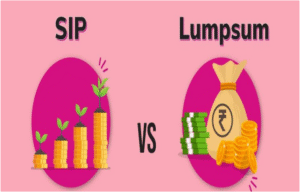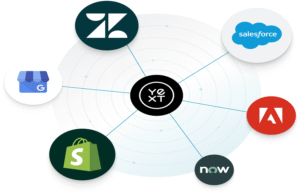Hard vs. Soft Money: Do Soft Money Loans Even Exist?
3 min read
If you were hard pressed to explain what a soft money loan is, you would be in great company. The term itself is hardly ever used except in rare circumstances when a supposedly soft money loan is being compared to its hard money counterpart. But while a hard money loan is a specific and easily defined type of loan, a soft money loan is not.
‘Soft money’, in financial services anyway, is really a blanket term that covers all sorts of secured lending. Loans that qualify as soft money differ from hard money loans in everything from loan structure to terms and interest rates.
And of course, they differ substantially from unsecured credit vehicles like credit cards and home equity lines of credit.
Hard Money Is the Baseline
Hard money is really the baseline for understanding the hard vs. soft money concept. A hard money loan is a secured loan that is backed by a substantial amount collateral. Actium Partners, a Salt Lake City, Utah hard money firm says that most hard money loans go toward acquiring real estate. That certainly is the case for Actium’s business.
The piece of property being acquired acts as collateral on the loan. One of the major sticking points here is that the money must be used explicitly for that purpose. The hard money lender doesn’t write a check and hand it to the borrower. In most cases, loan funds are transferred from the lender to a title company that will facilitate closing.
Hard money lenders are also specific about the types of projects they will lend for. Actium Partners’ focus is mainly on real estate investments. They don’t do developer loans, construction loans, or projects involving house flipping. Other hard money lenders do. Each hard money lender tends to have its own specialty.
Soft Money Is More Broad
Soft money loans are also backed by collateral, but not to the same extent. The soft money category is also more broad by definition. Take your local bank. It is a soft money lender in the sense that it will write mortgages, car loans, and even personal loans. Mortgages typically run for 15, 20, or 30 years while a hard money loan usually has a term of no longer than 24 months.
Soft money loans generally offer lower interest rates compared to hard money loans. They require better credit and an in-depth look into the borrower’s financials including income, debt-to-income ratio, employment history, etc.
About the Collateral
As far as soft money collateral is concerned, it is a little bit different compared to hard money loans. In a hard money scenario, the title deed to the property being purchased is held in a trust by a third party. That third party is usually a title company. In the event of default, the lender can act swiftly. The collateral can be seized and sold within a month or two.
Things do not work as swiftly with soft money loans. Whether it is a residential foreclosure or an auto repossession, the lender needs to go through a long legal process that can cost quite a bit of money. In most cases, lenders lose money on soft loans that go into default. Hard money lenders tend to recoup their investment because liquidating collateral is faster and less expensive for them.
Do soft money loans really exist? Technically no. Soft money is a broad term that covers things like mortgages and car loans. On the other hand, hard money loans are an actual type of loan targeting a specific set of borrowers with specific needs.







